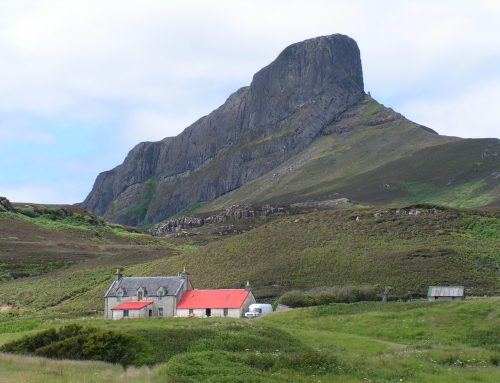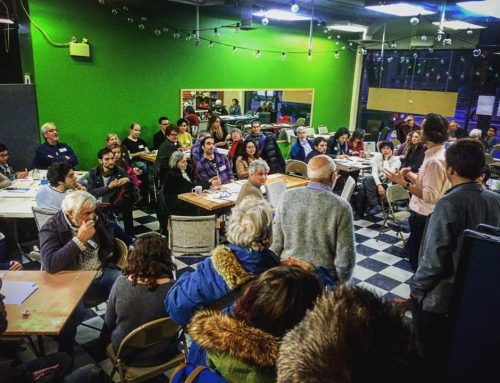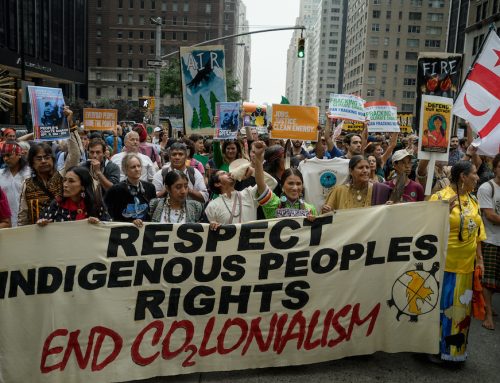The Great Lakes are great in every sense of the word. Bordering the U.S. and Canada, and spanning over 1,200 kilometers (750 miles) east to west, these large inland seas are the largest surface freshwater system in the world. They contain over 20 percent of the Earth’s supply of fresh water. Over 30 million people live within the Great Lakes Basin, and the lake ecosystems provide water for recreation, consumption, transformation, hydropower, and more.
The Great Lakes are also a place of great spiritual and cultural significance for the people within the basin. Dozens of First Nation and Native American nations have inhabited the region and acted as stewards to the lakes ecosystems since long before current day political boundaries were drawn.
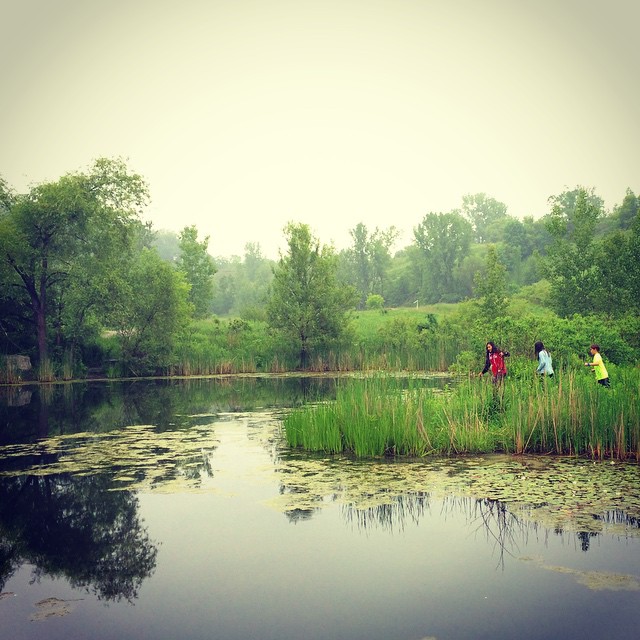
Like many exploited freshwater ecosystems in the world, the Great Lakes face multiple threats due to human activities. The lakes are currently plagued by invasive species such as the zebra mussel; nutrient pollution from surrounding agriculture; toxic chemical pollution such as mercury; pharmaceutical contamination; as well as the continuing impacts of climate change.
Acting to reverse these pressures and restore lake health has proved difficult. Some attribute the issue to political boundaries fragmenting collective decision making, and some point to the disconnect between those who make decisions about the lakes and those who are most adversely impacted by downstream ecosystem degradation. However, some attribute the problem to a deeper issue of how water and natural systems are valued in mainstream society –saving the lakes requires a fundamental transformation of how we consider and value water.
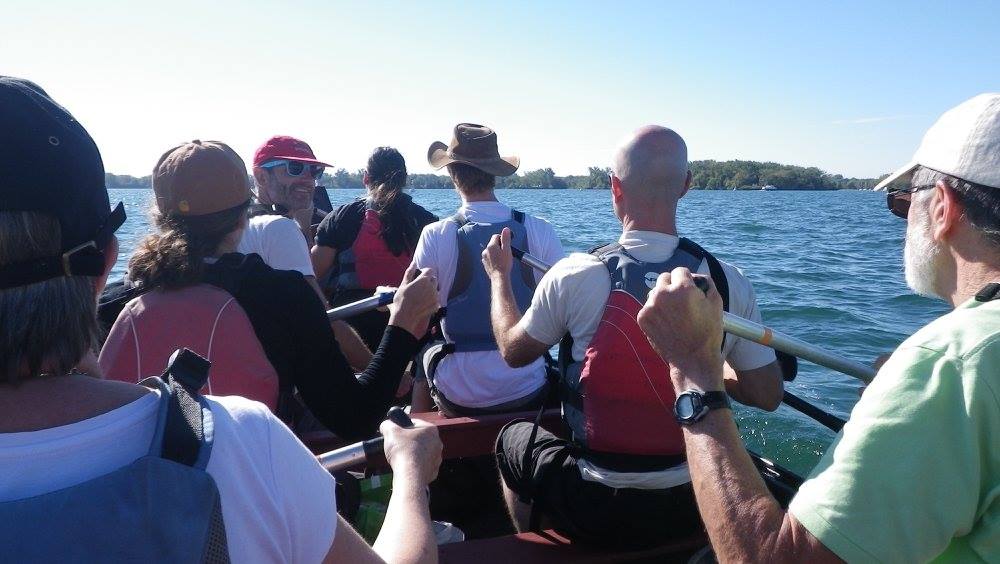
The Great Lakes Commons is an organization trying to target this core issue. It is an open network of people, organizations and institutions from the Great Lakes Bioregion who care about the long-term sustainability of the lakes. Involved groups include environmentalists, recreationalists, teachers, people of faith, artists, and First Nations, among others. The Great Lakes Commons is particularly special for bringing together ideas of “Commons” and Indigenous systems of governance to rethink how we consider water. Fundamental to their mission is to shift the worldview of Great Lakes Basin residents away from a narrative of, “water as a resource that needs to be managed” towards a narrative of, “we are responsible for the water”.
“We are united in a desire to ensure that they have a vibrant future and share a commitment to the long term transformation of the care and governance of the Great Lakes. Leadership of the Great Lakes Commons reflects an unusual and promising alliance of people from across Nations, geography, ancestry, and traditions”
Commons refers to a system of ownership and responsibility between humans and the natural world that is collective, reciprocal, and egalitarian. The Great Lakes Commons started as a seed project of On the Commons which is a commons movement strategy centre founded in 2001 which helps organizations and activists develop commons-based solutions and leadership. The Commons philosophy, they say, addresses the management of the material world, and it also refers to the social relationships surrounding natural systems.
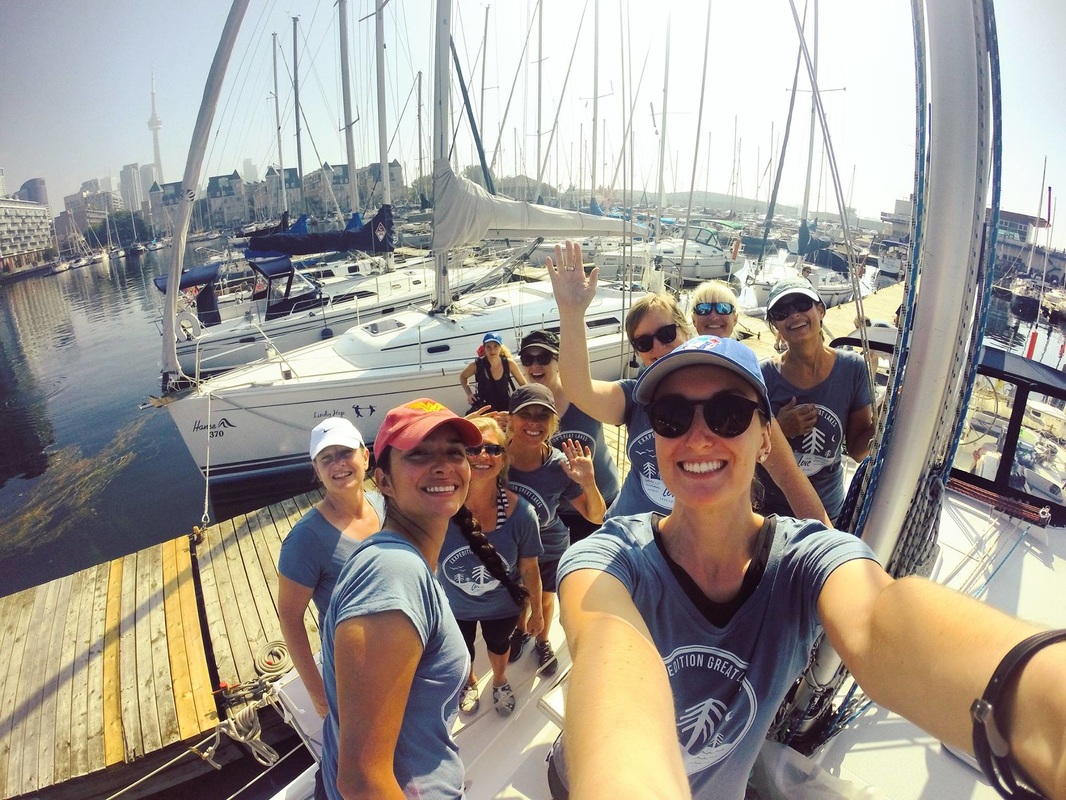
photo credit: Jen Pate
The Great Lakes Commons was created to bring a common narrative to many socio-ecological problems that are facing the Great Lakes ecosystems –whether it be the impacts of natural gas extraction, water bottling controversies, or pollution. They say that these problems are all manifestations of a larger problem, which is the essential violation of the Commons and the feeling that citizens of the Great Lakes do not have the power to shape their water future. They link this narrative to a historical trend of colonialization which disempowered native peoples from their fundamental right to be stewards of their traditional lands.
The Great Lakes Commons open network allows members from around the region to take part in diverse activities. The organization provides accessible and beautiful online media and educational tools articulating their vision. Citizens are invited to endorse an online charter calling for a transformation of Great Lakes governance. They host dozens of local events throughout the year such as collective marches, runs, paddles, or bike rides raising awareness for lake conservation initiatives. Many of these events are hosted by leaders and elders from Indigenous communities. The organization also provides an online map of the Great Lakes linking stories and crowd-sourced information, creating a shared space of dialogue and exploration.
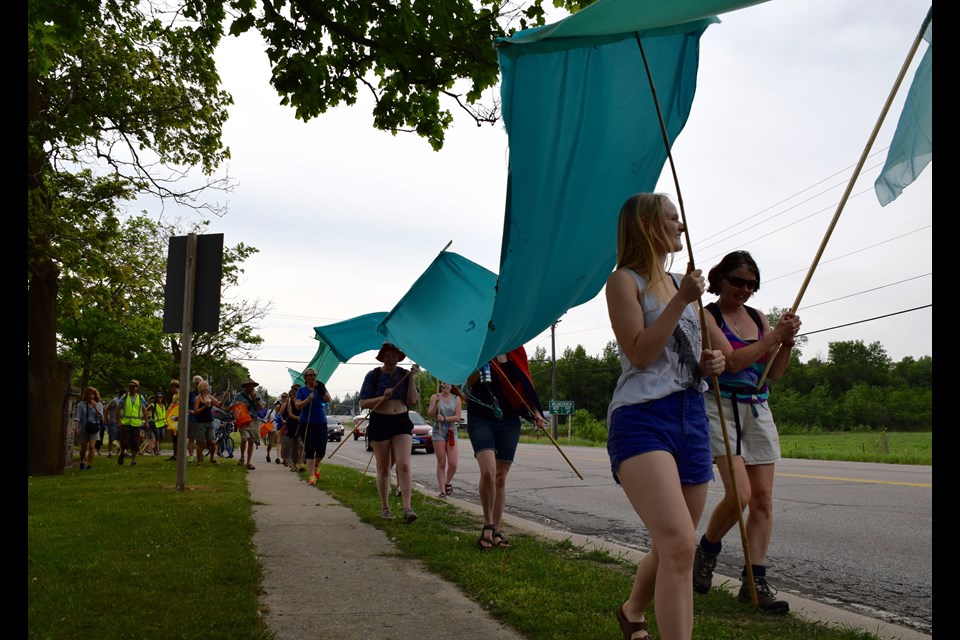
Great Lakes Commons presents an alternative future for nature and society –one that is collaborative, decentralized, compassionate, and reciprocal. Through collective action, art, education, and ceremony, they want to change our minds about how we see the world –so that we may feel inspired and empowered to change it and make it better.
All photos attributed to Paul Baines of Great Lakes Commons
